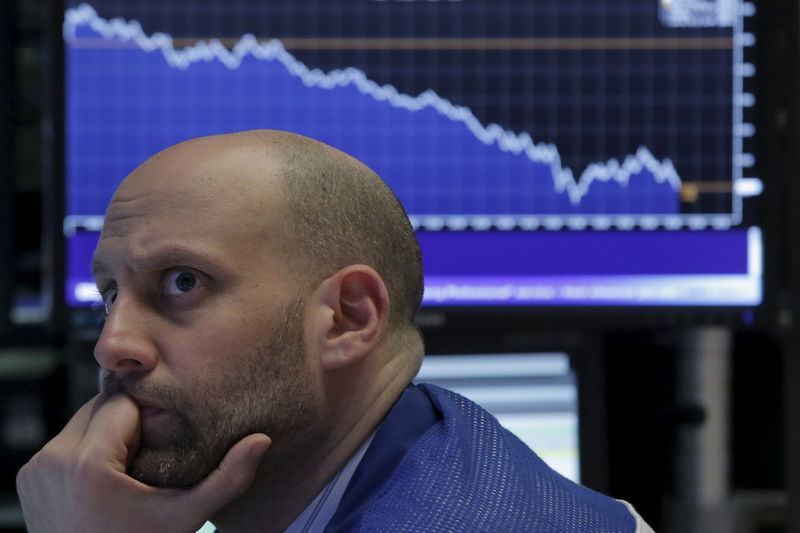This post was originally published on this site
https://i-invdn-com.akamaized.net/news/LYNXNPEC0D0AP_M.jpg
BOSTON (Reuters) – A New Jersey municipal money-market fund run by BNY Mellon Corp needed an injection of $89,000 after the market value of the fund came under pressure, the bank disclosed on Tuesday in a U.S. regulatory filing.
BNY Mellon said it provided capital support to the General New Jersey Municipal Money Market Fund on Monday. Last week, the market value of the fund, or its shadow price, dropped as low as $0.9968 per share, amid turmoil in the U.S. debt market.
It is not unusual for the market value of money market funds to fluctuate from their $1-per-share stable net asset value (NAV). But BNY Mellon’s fund dropped far enough that it required the bank to file a material event disclosure with the U.S. Securities and Exchange Commission.
The fund is still paying investors $1 per share to the dollar on their investments, analysts said.
The BNY Mellon New Jersey fund is the only money fund, as of Tuesday, that had to disclose a material decline in its market value NAV, according to disclosures with the SEC.
After the 2007-2009 financial crisis, the SEC put in rules that require funds to disclose a relatively big downward move in shadow price. It serves as a pre-notification that a fund is potentially heading in the direction of “breaking the buck”, or falling below $1 per share, even if it has not yet done so.
The disclosure is triggered if a shadow price falls below $0.9975 a share.
The $51 million New Jersey fund’s shadow NAV fell to $0.9968 per share on Friday. The market NAV has since recovered to $0.9987.
But the fund was never breaking the buck, said Pete Crane, president of money-market research firm Crane Data LLC.
As long as a money fund’s per-share shadow price remains in the range of $0.9950 to $1.1050, the fund can price its portfolio at a stable $1 NAV. And that means investors still receive $1 per share on their $1-per-share investment.
Shadow prices are used by the money market fund industry to show that per-share market value of a portfolio can fluctuate. Shadow prices are expected to closely track, or shadow, the stable $1 per share NAV.
The shadow price reflects the current market value of the securities the fund owns, rather than the amortized cost of those securities. SEC rules permit a money market fund to value its securities at cost and spread out, or amortize, any discounts given or premiums paid on the securities when the fund acquired them.

